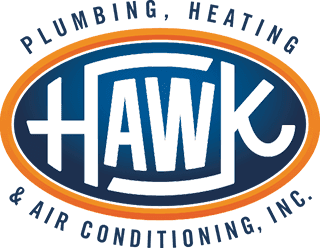Plumbing issues can be a homeowner's worst nightmare. From clogged drains to foul odors permeating through the house, these problems often arise unexpectedly and can be a hassle to fix. While many focus on the visible aspects of plumbing maintenance, the significance of proper ventilation in preventing plumbing issues often goes overlooked.
Ventilation isn’t just about maintaining a breath of fresh air within your home; it plays a pivotal role in the health of your plumbing system. Let’s delve into why proper ventilation is crucial and how it can prevent a myriad of plumbing woes.
Understanding the Basics: Why Ventilation Matters
1. Odor Control: One of the most apparent reasons for proper ventilation in plumbing is odor control. Stagnant or trapped air within pipes can lead to foul smells wafting into your home. Ventilation systems, such as vents connected to plumbing lines, allow gases to escape, preventing odors from accumulating.
2. Moisture Management: Humidity and moisture can wreak havoc on your plumbing. Proper ventilation helps to regulate moisture levels, preventing the build-up of condensation within pipes. Excessive moisture can lead to corrosion, mold growth, and even structural damage over time.
3. Pressure Regulation: Plumbing systems rely on air pressure to ensure smooth water flow. Adequate ventilation helps maintain proper air pressure within pipes, preventing issues like airlocks or slow drainage caused by pressure imbalances.
4. Preventing Clogs: Proper ventilation aids in preventing clogs by facilitating efficient water flow. When air moves freely through the plumbing system, it reduces the likelihood of debris and particles settling and causing blockages.
The Role of Ventilation Systems
1. Vent Pipes: Vent pipes are a critical component of plumbing ventilation. These pipes extend from various plumbing fixtures to the roof, allowing gases and odors to escape outside instead of lingering within your home. They maintain the pressure balance in the system and prevent water from siphoning out of traps.
2. Air Admittance Valves (AAVs): AAVs are mechanisms that allow air to enter the plumbing system while preventing the escape of gases and odors. These valves are often used as an alternative to vent pipes in certain scenarios where traditional venting isn’t feasible.
3. Proper Installation and Maintenance: Correct installation of ventilation systems is imperative. Regular inspections and maintenance ensure that these systems remain effective. Blocked or damaged vents can lead to a host of plumbing issues, emphasizing the need for routine check-ups.
Tips for Maintaining Proper Ventilation
1. Regular Inspections: Schedule periodic inspections of your plumbing ventilation system to identify any blockages, leaks, or damage.
2. Keep Vents Clear: Ensure that vent openings are free from debris, snow, or any obstructions that might impede airflow.
3. Professional Assistance: If you suspect issues with your plumbing ventilation, seek professional assistance promptly. Delaying repairs can exacerbate problems and lead to costly repairs down the line.
Proper ventilation is the unsung hero of a healthy plumbing system. It regulates air pressure, controls odors, manages moisture, and prevents clogs, contributing significantly to the overall functionality and longevity of your plumbing.
Understanding the crucial role of ventilation in plumbing maintenance empowers homeowners to take proactive measures. Regular inspections, prompt repairs, and ensuring unobstructed airflow are key practices to safeguard your plumbing system, preventing unwelcome surprises and ensuring a smoothly running household.
If you're experiencing any plumbing issues in your Fort Worth, TX home or property, don't hesitate to contact Hawk Plumbing Heating & Air Conditioning. With our expertise and experience, we can provide a solution to any plumbing issue, ensuring the health and efficiency of your plumbing system.

